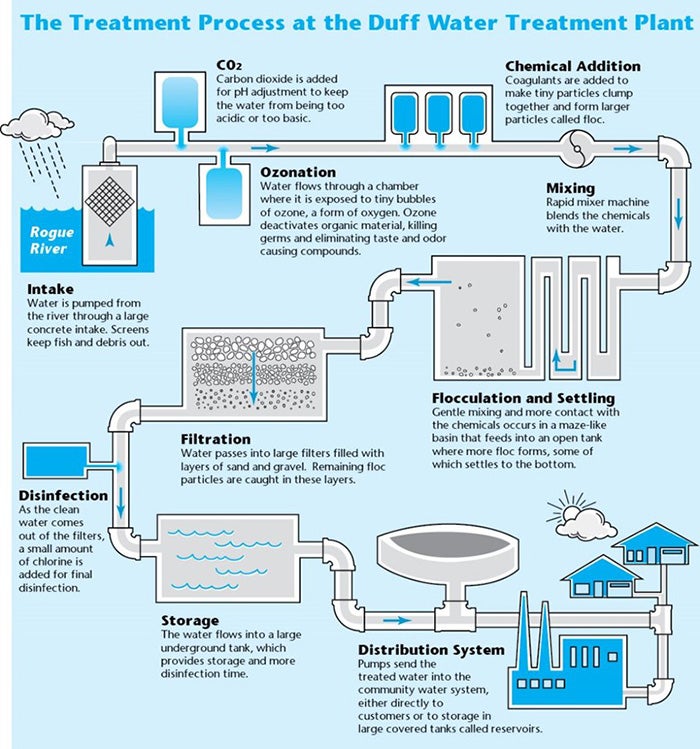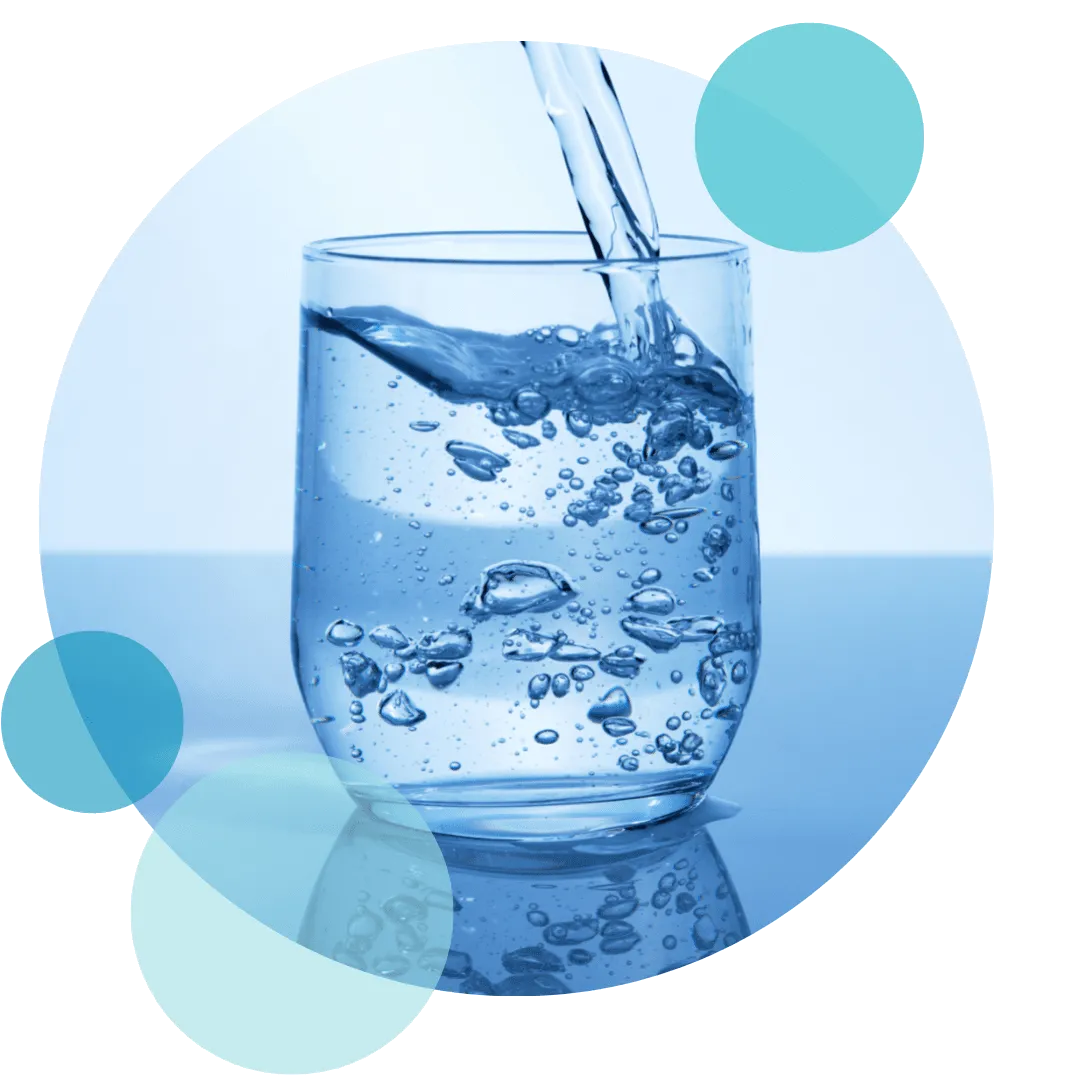Water Technology Startups: Expert Tips for Finding Hidden Gems
Wiki Article
Discovering Water Technology Startups: Exactly How They Reinvent Lasting Solutions
Water Technology startups are becoming crucial players in the quest for sustainable remedies to international water issues. These companies leverage innovative innovations to enhance water performance and monitoring. Their payments resolve pushing obstacles such as deficiency and contamination. Nonetheless, regardless of their potential, they face various obstacles that could influence their success. Comprehending these characteristics clarifies the future of water sustainability and the role these start-ups may play in forming it.The Value of Water Technology in Today's World
As worldwide water scarcity intensifies, the importance of water Technology becomes significantly obvious. Water Technology plays a crucial duty in dealing with the obstacles positioned by increasing and lessening freshwater resources need. It encompasses a broad variety of developments, consisting of advanced filtering systems, wastewater therapy technologies, and wise irrigation remedies. These advancements not only boost the effectiveness of water usage but also promote lasting practices throughout numerous fields, including agriculture, market, and city development.The significance of water Technology expands past source management. It fosters resilience versus environment modification influences, such as droughts and floods, by offering flexible remedies for water preservation and management. Furthermore, it sustains public wellness by guaranteeing accessibility to risk-free and tidy alcohol consumption water. As the globe encounters expanding water-related challenges, the assimilation of sophisticated water innovations is important for promoting lasting advancement and protecting water accessibility for future generations.
Ingenious Solutions From Water Tech Startups
While standard strategies to water monitoring have served their purpose, a new wave of water technology startups is revolutionizing the market with cutting-edge remedies (Water Technology Startups). These business take advantage of advanced innovations to attend to pressing water issues, such as scarcity, contamination, and ineffective distribution. Numerous startups use synthetic intelligence and artificial intelligence to enhance water usage and forecast demand, resulting in even more lasting methodsAdditionally, numerous firms concentrate on establishing sophisticated filtration systems that remove pollutants and make water secure for usage. Others check out decentralized water treatment modern technologies, permitting neighborhoods to manage their water resources extra successfully. Some start-ups are pioneering wise watering remedies that reduce water waste in farming, advertising ecological preservation.
Case Studies: Effective Water Technology Startups
Countless water Technology startups have emerged as leaders in resolving global water difficulties via innovative strategies. One notable example is Xylem, which concentrates on water analytics and wise framework to optimize water usage and decrease waste. Their options have actually been applied in different districts, showing significant renovations in water administration performance.An additional effective startup, Zero Mass Water, has established solar-powered hydropanels that draw out water vapor from the air, supplying lasting alcohol consumption water in arid regions. Water Technology Startups. This Technology has actually been deployed in a number of nations, ensuring communities have access to clean water
AquaVenture Holdings operates a diverse profile of water-as-a-service solutions, addressing water scarcity through desalination and wastewater treatment. Their tasks have actually shown important in areas dealing with serious water lacks, showcasing the capacity of innovative water technologies to develop long-term, favorable effects. These case research studies highlight the transformative capacity of startups in the water Technology sector.
The Duty of Smart Technology in Water Administration
Smart Technology plays a necessary function in modern water management by leveraging IoT applications to maximize source usage. Information analytics boosts effectiveness by providing workable understandings, while remote monitoring services enable real-time oversight of water supply. Together, these developments transform how water is managed, advertising sustainability and functional performance.IoT Applications in Water
As water shortage and administration challenges escalate around the world, the combination of Internet of Points (IoT) applications has actually emerged as a pivotal remedy in enhancing water sources. IoT Technology helps with real-time surveillance and analysis of water supply, allowing extra effective use and management. Sensors released in various water facilities can track quality, circulation prices, and leakage, supplying beneficial data to stakeholders. This information empowers consumers and utilities to make educated choices, decreasing waste and enhancing preservation efforts. Furthermore, smart irrigation systems utilize IoT to maximize water delivery for farming, making certain that crops obtain the correct amount of water at the correct time. In general, IoT applications are transforming standard water monitoring practices, fostering sustainability and strength in water resource systems.Data Analytics for Efficiency
Utilizing data analytics is essential for enhancing effectiveness in water administration. Water Technology startups are progressively using sophisticated analytics to enhance source allocation and decrease waste. By examining information from various sources, these startups can determine patterns and fads that educate far better decision-making. For circumstances, anticipating analytics can anticipate water demand, enabling utilities to adjust supply as necessary, therefore minimizing excess and scarcities. In addition, real-time information processing enables the instant detection of leakages and ineffectiveness within distribution systems, significantly reducing functional expenses. Data-driven insights encourage stakeholders to carry out targeted conservation techniques, fostering lasting methods. Fundamentally, incorporating information analytics into water management not just enhances operations but additionally promotes long-term sustainability in water source usage.Remote Tracking Solutions
While traditional water monitoring systems usually have problem with inefficiencies, remote surveillance solutions are changing exactly how water sources are managed. These ingenious technologies make it possible here for real-time data collection and evaluation, allowing stakeholders to keep an eye on water top quality, flow prices, and usage patterns from afar. Using sensing units and IoT devices, remote tracking provides instant understandings that help with positive decision-making. This change not only improves functional performance but likewise advertises sustainability by reducing water waste and enhancing source allocation. Additionally, remote tracking systems can recognize potential problems prior to they intensify, thereby lessening the threat of contamination or framework failure. As water Technology startups remain to establish these options, the sector is positioned for significant improvements in lasting water monitoring methods.Obstacles Facing Water Technology Startups
Water Technology startups come across substantial challenges that can hinder their growth and success. Secret concerns consist of safeguarding adequate funding, maneuvering through complex regulatory atmospheres, and completing in a jampacked industry. These barriers call for strategic preparation and technology to get over.Financing and Investment Hurdles
Technology in water Technology holds tremendous capacity for dealing with international difficulties, startups in this sector often encounter considerable funding and investment hurdles. Several financiers stay careful, perceiving the water field as risky because of its complex governing landscape and long advancement timelines. Additionally, start-ups usually have a hard time to demonstrate immediate productivity, which can hinder prospective backers. Traditional financial backing may ignore water innovation, preferring markets with quicker returns, such as technology or durable goods. Protecting gives and government financing can be affordable and lengthy, further complicating economic stability. As an outcome, many ingenious water Technology start-ups find themselves in a perilous setting, calling for creative financing approaches to navigate these economic obstacles and achieve their objectivesRegulative Conformity Issues
Guiding regulatory compliance is a substantial obstacle for startups in the water Technology industry, as they need to come to grips with a myriad of regional, nationwide, and international laws. These regulations commonly encompass water quality requirements, environmental management regulations, and security procedures, which can differ extensively throughout territories. Start-ups may locate it hard to browse this complex landscape, especially when scaling operations or going into new markets. The expenses connected with conformity can be significant, diverting resources away from advancement and product advancement. Furthermore, hold-ups in acquiring needed licenses or qualifications can prevent development and market entrance. A robust understanding of regulative frameworks is important for these startups to assure lasting operations and avoid possible lawful consequences.Market Competition Characteristics
As water Technology start-ups emerge in a competitive landscape, they encounter many difficulties that can impede their development and technology. Developed companies frequently control the marketplace, leveraging resources and experience to maintain their placements. Startups struggle with minimal funding, which limits study and advancement capabilities, making it tough to compete on Technology and rates. Furthermore, the rapidly evolving nature of water modern technologies demands constant adjustment, further stressing startup resources. Governing obstacles can complicate market entrance, as conformity with environmental criteria is important yet costly. Lastly, bring in skilled skill in a niche area presents one more barrier, as larger companies might use more attractive work bundles. These aspects create a complicated setting for water Technology start-ups aiming to succeed.The Future of Water Technology and Sustainability

The future of water Technology will likely concentrate on incorporating expert system and data analytics to enhance water distribution and use patterns. By using real-time data, companies can forecast lacks and manage resources better. Sustainable techniques will become a foundation of the industry, urging circular economic situations where water is recycled and dealt with. Inevitably, the continued advancement of water Technology will be essential in producing resilient facilities capable of satisfying the challenges presented by climate adjustment and population development while promoting ecological stewardship.
Frequently Asked Concerns
What Are the Trick Metrics for Examining Water Technology Startups?
Key metrics for examining water Technology startups consist of market potential, scalability, client purchase prices, revenue growth, technology development, governing conformity, ecological impact, affordable benefit, and team competence, all critical for establishing long-term practicality and success.Just How Can People Support Water Technology Innovations?
Individuals can support water Technology developments by purchasing start-ups, supporting for plan changes, joining neighborhood campaigns, sharing knowledge about sustainable methods, and advertising recognition of water issues through social networks and neighborhood occasions.What Prevail Funding Sources for Water Tech Startups?
Common funding resources for water technology start-ups consist of financial backing, government grants, crowdfunding platforms, angel investors, and corporate partnerships. These financial methods aid promote innovation and growth in lasting water management technologies.
Which Industries Benefit Most From Water Technology Advancements?
Industries such as agriculture, power, production, and community services benefit considerably from water Technology advancements. These innovations enhance water performance, lower prices, and promote lasting methods, ultimately adding to environmental conservation and source administration.Exist Any Governing Challenges Certain to Water Innovation?
Yes, water Technology faces regulative challenges, including conformity with ecological requirements, allowing processes, and differing local policies. These intricacies can prevent advancement and reduce the implementation of brand-new modern technologies in the water administration industry.Water Technology start-ups are arising as crucial gamers in the mission for lasting options to worldwide water issues. As international water shortage magnifies, the importance of water Technology becomes significantly apparent. Others discover decentralized water treatment modern technologies, allowing areas to manage their water resources more properly. Another effective start-up, No Mass Water, has actually developed solar-powered hydropanels that draw out water vapor from the air, providing sustainable alcohol consumption water in dry regions. Their tasks have confirmed important in areas facing severe water scarcities, showcasing the potential of cutting-edge water technologies to produce long-term, positive impacts.
Report this wiki page